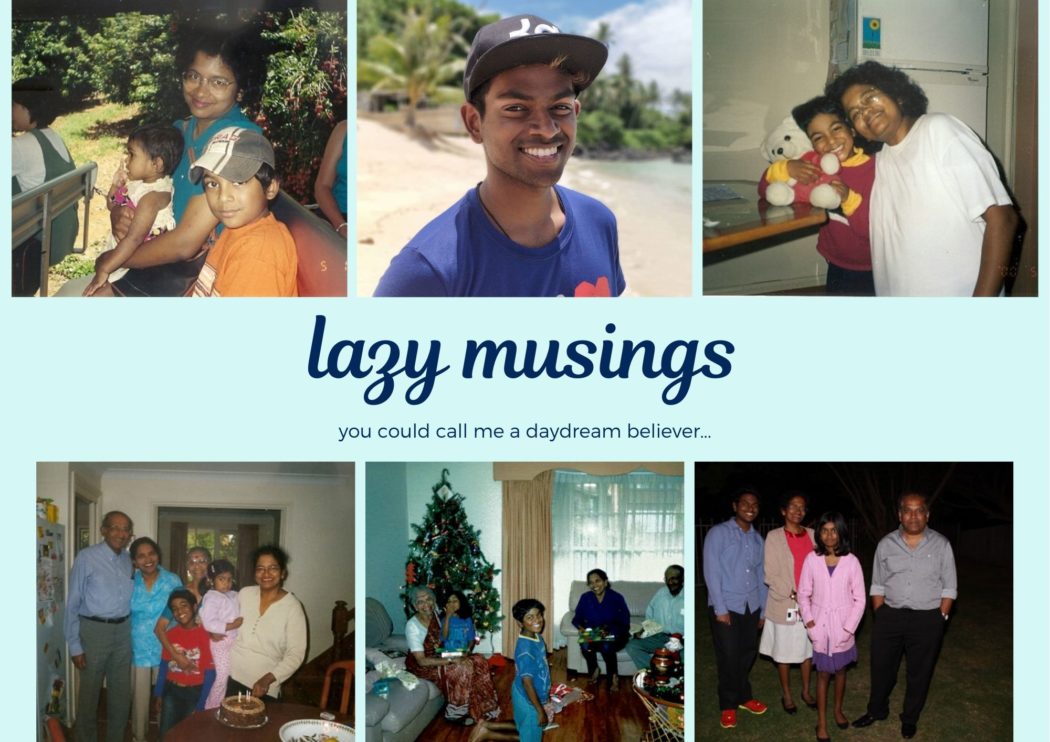“Sport is a capped hobby…” Look it’s only been two weeks since I wrote that and I’m already cringing. Let’s talk about sport, but not in way where you’ll need a niche knowledge to understand. More than ever, political opinions spread like wildfire throughout society, and sportspeople are often at the forefront.
If you haven’t heard of the Israel Folau saga, I hope you’re getting a reasonable rate of rent on your rock. But if you actually haven’t, here’s the brazenly inflammatory post which sparked the firestorm.
Firstly, before I go further, I want to state that I don’t support Folau’s post in any way. Despite being a Christian, I don’t feel that it is man’s prerogative to judge who should and shouldn’t be entering the afterlife.
However, the question I’ll raise is whether Folau, at the time one of the Wallabies key players, should have had his contract ripped up because of his post. The ‘line’, which is razor thin, is between what constitutes as free speech, and what is discriminatory. I could write a whole article examining this, but all I will say is that the one mitigating factor Folau possesses in this argument is he isn’t advocating discrimination or persecution of the LGBT community on Earth, just in his personal vision of the afterlife.
A key factor in the sacking of Folau I feel was the presence of Qantas as Rugby Australia’s major sponsor. Qantas CEO Alan Joyce is openly gay and personally donated a million dollars towards the campaign of same sex marriage. If Folau was allowed to continue playing, it wouldn’t have been a surprise for Qantas to cut all sponsorship ties. And rightly so, why should they be sponsoring a team who’s arguably best player so vehemently opposes one of the core beliefs their CEO, and company as a whole, stands for?
On the flip-side is the recent events that have transpired in the NBA. Daryl Morey, General Manager of the Houston Rockets, master of making the impossible trade possible, decided to tweet out this…

It was either brilliant timing or foolhardy depending on which side of the fence you stand on. The NBA was in the middle of its preseason China tour, with teams playing warm up matches, and press appearances scheduled. This one tweet sent everything crashing down. Television coverage was suspended, appearances cancelled, and the games were only played after negotiations.
What NBA Commissioner Adam Silver did next is what is relevant to Israel Folau’s plight. He refused to sack, discipline or even condemn Morey’s tweet, citing his right as a individual to publicly state his opinion on any matter concerning him. This refusal cost the NBA upwards of a billion dollars, making the potential Qantas severance seem a pittance in comparison.
There is a key point of difference between the two situations however. Morey’s message of freedom was a sentiment shared by the majority of the American public. Folau’s message, whilst with its own share of allies from conservative Christian groups, still had public opinion overwhelmingly against it. It is definitely far easier to stand for freedom of speech when the ‘speech’ itself was already well received. Standing up for Folau would’ve have garnered a backlash, not the praise afforded to Silver. Is a backlash, and standing up for something you don’t believe in, the price to pay to promote freedom of speech though? I’ll get off the fence I created and say yes I believe it is. Because what happens when another rugby star posts something more palatable for the public, but offensive for a major sponsor? A dangerous precedent has been set.
Why is Nelson Mandela in the feature photo? The photo is for me one of the most powerful in the history of sport. South Africa had just won the Rugby World Cup, held in their beautiful Rainbow Nation in 1995. The gloom of apartheid had been finally lifted only the year earlier. The Springboks had been hated amongst the black population in South Africa, derided as a team exclusively for whites. Still though, Mandela urged the country to all get behind them, and when Mandela spoke, people listened. Underdogs would be an understatement, but riding the wave of the country’s passion the Boks lifted the trophy. What happened next will never be forgotten. Wearing captain Francois Piennar’s jersey, Mandela beamed as they lifted the trophy aloft together.
That look into the past shows the unifying potential sport does have when it mixes with politics, far from inflammatory instagrams and hasty tweets with no follow up message.
You don’t have to be living under a rock to have not heard of Didier Drogba, but for those that haven’t, he was a star football striker for Chelsea in the English Premier League in the mid 2000s. Less known is his incredible feat of helping to bring peace to his homeland Ivory Coast, or Cote d’Ivoire. After leading his team to the World Cup to be held in 2006, Drogba pleaded on national television for the opposing sides of the civil war which had caused years of destruction. Whilst obviously not the only factor in the resulting peace (admittedly short-lived), Drogba’s efforts highlighted the gravitational power leading sportspeople can have in influencing public opinion. How we filter their views is what ultimately matters.
Yes sportspeople may have their “transcending athletic advantage” (yes another Pigeonhole article reference) but they also have a right to be heard. I just nervously hope that my beloved Australian sport does not go down the path of valuing sponsorship money over this.


